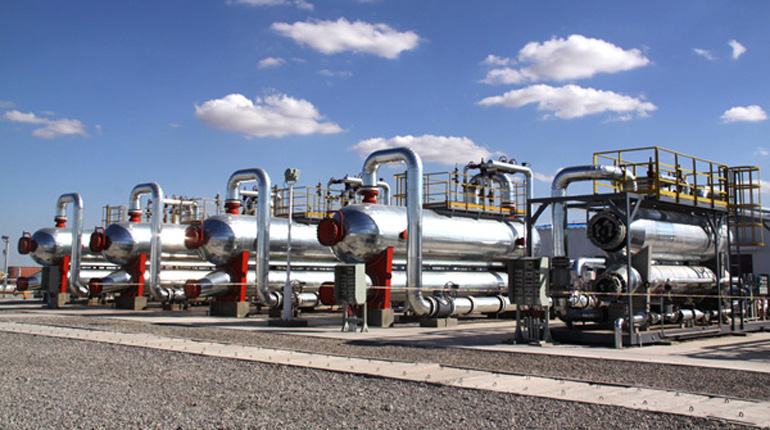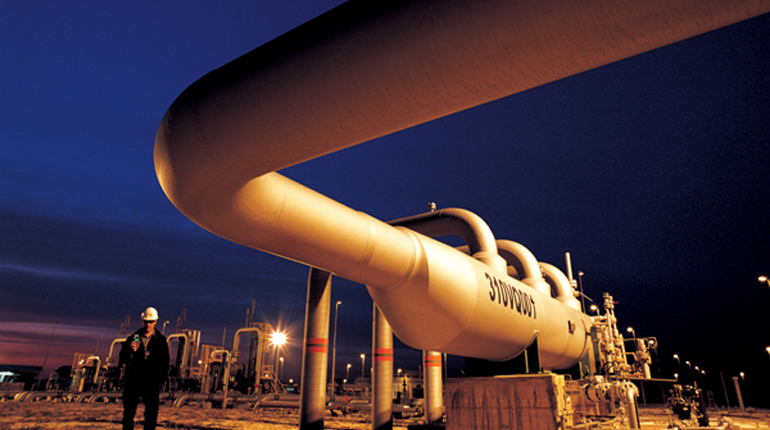Highlights
Economic overview
Jordan’s growing dependence on LNG imports is widening the kingdom’s trade deficit and forcing it to rely on external aid.
Jordan registered a trade deficit of $630 million in March 2016 – its highest level since November 2014. The kingdom became an LNG importer in May last year, and its appetite for the fuel has grown substantially since then. Jordan imported 1.54 mt of LNG in H1 2016, much higher than the 80,000 tons it imported during the same period last year.
The kingdom has relied on aid from Gulf Cooperation Council (GCC) countries, but this money has slowed partly as a result of low oil prices. The country has also received cash from the International Monetary Fund (IMF) for its economic programmes, and this backing will need to increase to cover the reduction in GCC funds.
The failed military coup in Turkey on 15 July is unlikely to adversely affect the country’s gas-to-power demand during the summer. Nevertheless, it will make Turkey’s gas and LNG imports more expensive because of the fall of the Turkish lira against the United States dollar. The dollar has risen by around 8.5% against the lira so far this month, partly as a result of the failed coup. The incident is also weighing on investor confidence and may reduce energy-related infrastructure investment in the country in the longer term.
Quarterly and annual year-on-year GDP growth rates
| Q3 2015 | Q4 2015 | Q1 2016 | 2016 | 2017 | 2018 | |
| Qatar | 3.8% | 4.0% | *3.4% | *3.4% | *3.4% | *2.9% |
| Egypt | 3.1% | 3.8% | *3.3% | *3.3% | *4.3% | *4.5% |
| Saudi Arabia | 4.0% | 1.8% | 1.5% | *1.2% | *1.9% | *2.3% |
| Nigeria | 2.8% | 2.1% | -0.4% | *2.3% | *3.5% | *3.9% |
| South Africa | 1.0% | 0.5% | -0.2% | *0.6% | *1.2% | *2.1% |
In West Africa, low oil prices are harming Angola’s GDP growth prospects. The drop in prices has taken a toll on Angola’s export revenues – almost 90% of which come from oil. The IMF estimates Angola’s GDP grew by 3% on an annual basis in 2015 compared with 4.8% in 2014. It expects growth of 2.5% in 2016 and 2.7% in 2017. Angola failed to obtain a much-anticipated loan from the IMF in July, putting the country’s external financing under pressure and denting business confidence. This may hinder foreign upstream investment in Angola.



